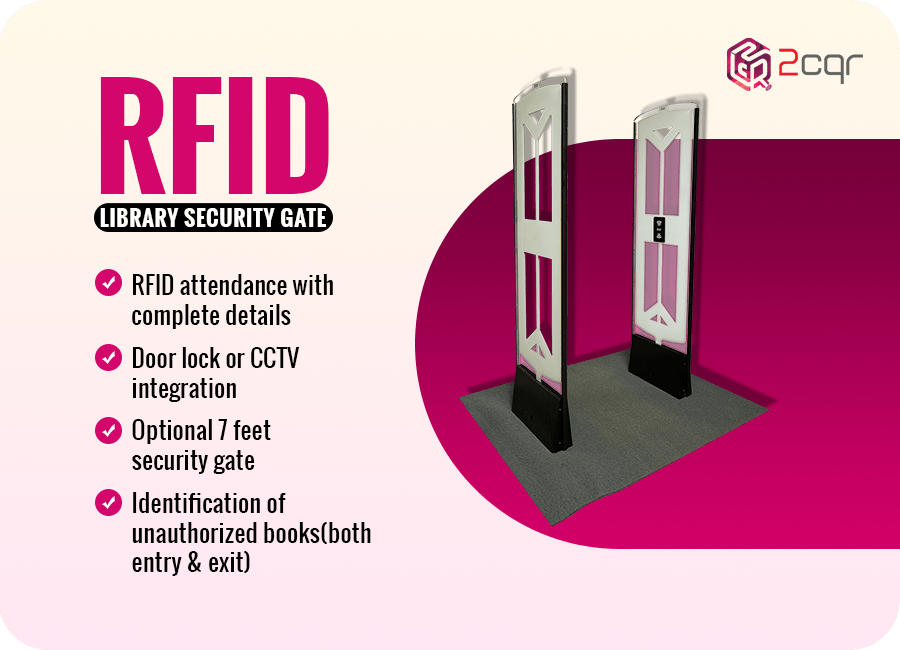
Currently, technology has become an indispensable part of our lives. With the increasing demand for easy access to information, libraries too are adopting advanced technologies like rfidforlibrary management to make the experience of users better. But, before adopting and implementing rfidforlibrarymanagement its very much important to understand what exactly the technology is and how it is helpful..
What is RFID Technology?
RFID is a wireless technology that works through radio signals that automatically performs the action of identification and tracking of objects in library to ensure smoother operations . It comprises an RFID tag, an RFID reader, and integration software.
Important Elements To Implement RFID for Library Management:
RFID tags: The most important component of the entire RFID system that controls whole library management is RFID tag that comprises of an antenna and microchip. Every tag is given an unique identification (UID) number and programmed with important data about the resource, including its original storage location
RFID readers: The RFID reader powers the tags through radio signals and captures the data from the tags to process the actions and update the library management software
Integration software: Needed to integrate the existing library management software with the RFID system.
Pros of Using RFID Products for Library Management
Efficient Library Management: With RFID, managing the library becomes efficient, reducing the need for additional resources.
Multiple Check-ins and Check-outs: RFID makes multiple check-ins and check-outs easy, reducing waiting times for users.
Real-time Tracking: With RFID, tracking misplaced and missing resources is easy with handheld readers.
Advanced Security Gates: RFID helps restrict unauthorised access with advanced face recognition security gates.
Prevention of Unrecorded Check-outs: RFID ensures that valuable resources are safe and prevents unrecorded check-outs.
Cons of Using RFID for Library Management
Periodic Maintenance: The RFID system requires periodic maintenance, which incurs additional expenses.
Security and Privacy: The privacy and security of the data stored on the tags are of utmost concern.
Inadequate Training: Insufficient training of the staff makes it difficult for them to adopt the new technology.
Cost of Updating Technology: Updating the technology, as per the changing library requirements can be expensive.
Conclusion
RFID technology has brought a significant transformation in the library management system. It automates the identification and tracking of resources, ensuring more security and privacy. RFID-based library management systems help libraries provide more efficient services to their users, reducing waiting times and ensuring better user experiences. Despite the challenges that come with RFID, the benefits of the technology make it worth implementing for libraries looking to provide their users with a more efficient and secure experience.


